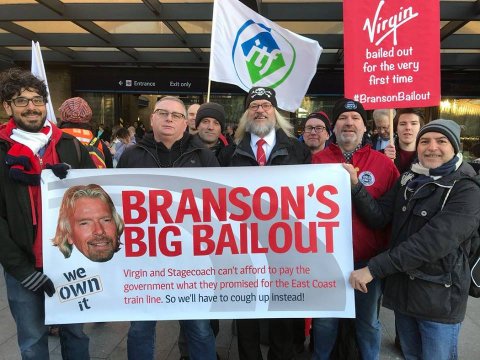
19 January 2023
30 years ago today, on 19th January 1993 the British Coal and British Rail (Transfer Proposals) Act 1993 was passed, paving the way for the Railways Act later that year that would privatise our railway.
In 1993, Margaret Thatcher had already sold off many of our public assets - energy, water, buses - but she thought the railway was ‘a privatisation too far’ and the public agreed. However the Conservative manifesto in 1992 promised to privatise the railway and Prime Minister John Major went for it.
We were told that British Rail’s natural monopoly was the problem and promised cheaper fares, better services and less cost for the taxpayer. Privatisation has failed on every front. Here are the top 30 failures of rail privatisation since 1993.
- As early as 1997 Railtrack (the private company in charge of rail infrastructure) was being criticised for lack of investment.
- In 2002 Railtrack was replaced with publicly owned Network Rail after fatal crashes (the Hatfield rail crash and the Potters Bar crash in the early 2000s).
- In 2003 private company Connex lost the South Eastern franchise due to its poor financial management. It was run in public hands until 2006.
- In 2006, the first East Coast line failure - the government removed the franchise from private company Sea Containers after it filed for bankruptcy.
- In 2009, the second East Coast failure - the line was nationalised after the private operation defaulted on payments and left ministers with a hole in their budget. It became the most efficient franchise in the UK in public hands.
- Also in 2009, the first £1000 rail fare was revealed.
- The McNulty report of 2011 found that railway costs in the UK are about 30% higher than elsewhere - we would argue that privatisation with its accountants, lawyers and consultants made the railway less efficient..
- In 2018, the third East Coast line failure - Richard Branson’s Virgin and Stagecoach walked away from the line (which had been reprivatised) after failing to make the profits they were expecting. Publicly owned London North Eastern Railway (LNER) took over.
- In 2020, Northern Trains was brought into public ownership after years of unacceptable delays and cancellations from private company Arriva.
- In 2021 the Welsh Government took the Welsh railway into public hands when the private franchise collapsed in the pandemic.
- Also in 2021, Southeastern rail franchise was brought into public ownership after the private company attempted to defraud the taxpayer of £25 million.
- In 2022 the Scottish Government took over running of the ScotRail franchise following years of delays and cancellations by Abellio.
- Every year, we waste £1 billion because of our privatised railway - that’s because of the cost of dividends going to shareholders and the inefficiency of privatisation.
- The state has been indirectly subsidising and propping up private rail companies to make them look successful, through Network Rail’s artificially low track access charges.
- The private rolling stock companies which own the trains make the biggest profits. During the pandemic their shareholders received nearly £1 billion.
- Yet neither the rolling stock companies nor the Train Operating Companies have much incentive to invest in new trains - the average age of trains rose after privatisation until 2019 and is only now beginning to drop back down to pre-privatisation levels.
- Rail fares are rising twice as fast as wages.
- UK commuters spend up to 5 times as much of their salary on rail fares as other Europeans.
- The ticketing system is wildly complicated. In 2018, it was found that there are 55 million different tickets!
- Timetabling is also a problem in our privatised system. Experts Jonathan Tyler and Lynn Sloman say “the entire public transport timetabling process is dysfunctional, hopelessly inefficient…It’s like trying to form a coherent picture from random pieces of different jigsaw puzzles”.
- Christian Wolmar points out that in other countries like France and Germany, government owns the railway but it is managed by professionals who are given the freedom they need to attract passengers. Whereas in the UK we have the worst of all worlds.
- The private sector takes the profit, the public sector picks up the pieces when things go wrong. The bidding process used to mean private companies would game the system by over-estimating their returns - taking high profits in the early years then walking away before making the payments to government they’d promised.
- When the Covid pandemic led to falling passenger numbers, the government stepped in to prop up the railway with funding. Since then, the private sector has been given management contracts so companies are paid a fixed fee and don’t take any risk. What’s the point?
- Rail franchising is generally recognised to have failed - the system is too fragmented and inefficient. ‘Great British Railways’ was the government’s latest attempt to sort out the problem but they seem to have given up on it.
- The government is now creating a second class service on our railway, making drastic cuts and planning to close nearly 1000 ticket offices. The unions are fighting back, the government is fighting the unions - and passengers are suffering with the ongoing strikes.
- British Rail was recorded as being 40% more efficient than eight comparable rail systems in Europe used as benchmarks in 1989. It was however underfunded. Since privatisation, the government is spending around three times more on the railway. We need BOTH public ownership AND proper funding to have a railway fit for the future.
- Meanwhile, railways in other countries are powering ahead, enabling people to leave cars and planes behind - the best railway in Europe is in Switzerland and it’s in public ownership.
- Ironically, many of the privately run franchises that still remain in our railway are run by state owned companies from other countries.
- 67% of the UK public want our railway in public ownership
- 63% of Conservative voters want our railway in public ownership
What have we forgotten? What’s your conclusion after 30 years of rail privatisation? Tell us in the comments below.


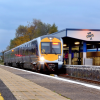

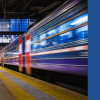
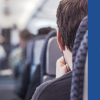
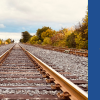
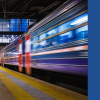
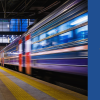
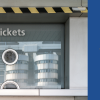
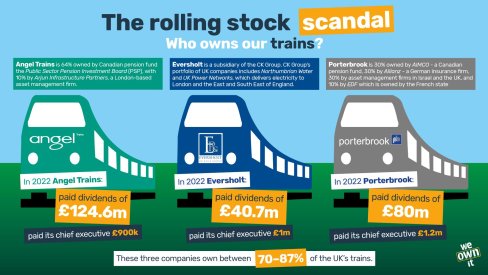
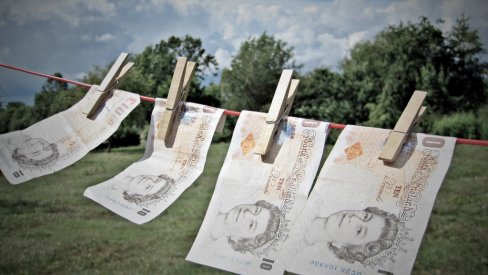
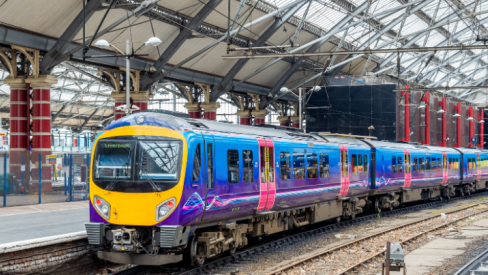

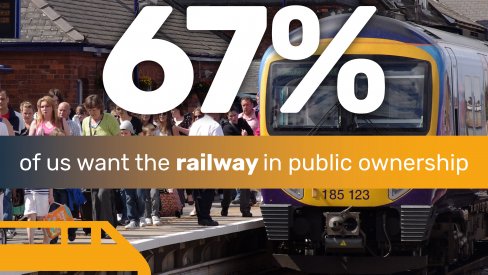
Comments
David Barlow replied on Permalink
Sign me up!
Barry Marshall replied on Permalink
The privatised rail system is fragmented and dysfunctional and only geared to fill the pockets of the wide boys. It's a lawyer's dream creaming off millions to draw up contracts between the different bodies to give an illusion of some sort of second rate unity. To work for the benefit of travellers, keeping the roads uncongested and saving money, the present debacle is the opposite.
Nigel Scott Dallison replied on Permalink
Railways should have NEVER been privatised, yet another disaster left from the Thatcher years. The sooner they are brought back into public ownership the better.
Nick Prince replied on Permalink
Even with my disabled rail card, the fares are getting too expensive which leads to more isolation as I am unable to afford to go away. Why should we pay more for such a poor service compared with BR and Intercity which ran without subsidy?
Anonymous replied on Permalink
I've been relying on trains for some years, now given up and using the car, can't afford to pay ticket prices even with my disabled persons Railcard.RENATIONALISE PUBLIC TRANSPORT!
jenny dimond replied on Permalink
The railways have been for so long and I think it has been awful enduring it - Britain has so much poverty in these matters it is like they got just no intention of happy population. I mean just logical to be out of privatisation.
Susan Jackson replied on Permalink
do not privatise our railways
Andrew Porter replied on Permalink
It is a British disease, employ politicians who are devoid of academic qualifications, training and experience covering the domain for which they are employed, to then make money only decisions with blinkers fitted, so that pending disaster cannot be detected until it is too late. It is that simple.
Judson Simzer replied on Permalink
Many years ago I used train services but the change to tickets for one company only was the final nail in the coffin, for me. My taxes are used to prop up the current shambles and that annoys me just as much as when they were used to prop up British Rail. I believe the rail network should be fully privatised and left to fend for itself. If it fails, it fails. That's how real business, a real market, works. If I set up a company, and I've set a few up, it has a few months to get on its feet and support itself. I don't expect and don't get taxpayers money to support my company. Why should I? If the railways can't support themselves in a free market, then close them. Don't get me wrong, I believe in a level playing field for all. Rail, road and air should be competing in a fully open market with no government funding or propping up. Yes, the government should monitor and provide appropriate legislation for safety and so forth but, outside of that, why should ordinary taxpayers, many of who are struggling financially, have to prop up companies and systems that they have no business with? Reduce taxes and let the railways stand or fall by their own worth and value to the nation!
Add new comment